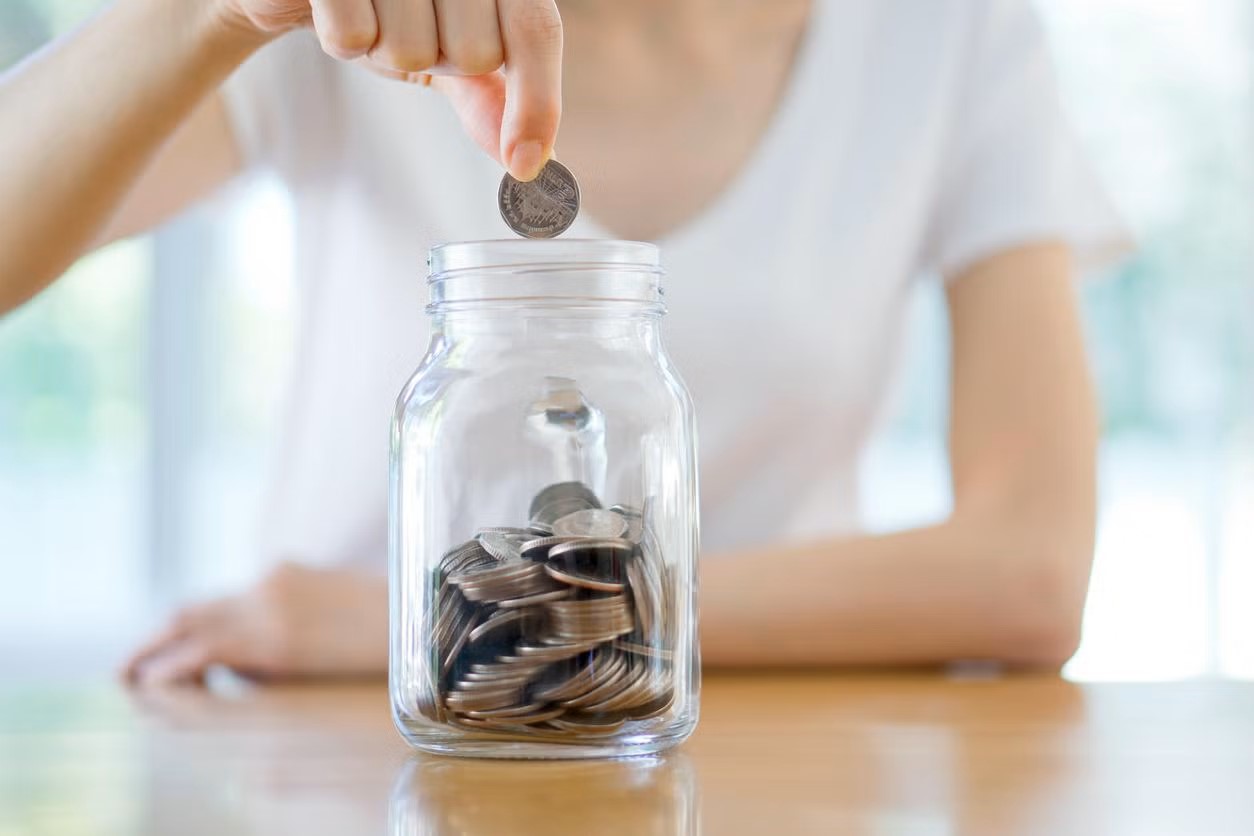

Articles
How To Store Coins At Home
Modified: January 6, 2024
Learn how to store and protect your precious coin collection at home with these helpful articles.
(Many of the links in this article redirect to a specific reviewed product. Your purchase of these products through affiliate links helps to generate commission for Storables.com, at no extra cost. Learn more)
Introduction
Welcome to the fascinating world of coin collecting! Whether you are a seasoned numismatist or just starting out, one of the most important considerations is how to store your precious coins at home. Proper storage not only protects your coins from damage but also helps maintain their value and integrity over time.
In this article, we will explore the various factors to consider when it comes to coin storage at home. From choosing the right storage supplies to creating a safe environment, handling and cleaning techniques, organizing your collection, implementing security measures, and showcasing your coins, we will cover it all.
It’s crucial to note that different types of coins require different storage methods. The materials, composition, and condition of the coins will impact the choice of storage supplies and techniques. With that in mind, let’s dive into the world of coin storage and learn how to safeguard your valuable collection.
Key Takeaways:
- Safeguard your coin collection by choosing the right storage supplies, creating a safe environment, and implementing proper handling and cleaning techniques to preserve their value and longevity.
- Organize, categorize, and showcase your coin collection with pride, utilizing security measures to protect your coins at home and creating an aesthetically pleasing display to share your passion with others.
Read more: How To Store Coins
Choosing the Right Storage Supplies
When it comes to storing your coins, selecting the appropriate storage supplies is paramount. Here are some essential items to consider:
- Coin Holders: Coin holders are available in various types, including cardboard flips, plastic flips, and plastic capsules. For everyday handling and protection, plastic flips or capsules are recommended as they offer a higher level of durability and transparency.
- Albums: Coin albums provide a convenient way to store and showcase your coins. Look for albums with acid-free and PVC-free pages to prevent any potential damage to the coins. Additionally, opt for albums that allow for easy insertion and removal of coins, such as those with slip-in pockets or sliding trays.
- Coin Tubes: Coin tubes are ideal for storing large quantities of coins. They are available in various sizes to accommodate different coin denominations. Make sure the tubes are made of inert materials, such as acrylic or polypropylene, to prevent any chemical reactions with the coins.
- Storage Boxes: To keep your organized collection safe and easily accessible, invest in sturdy storage boxes designed specifically for coin storage. Look for boxes made of archival-quality materials and with dividers or trays to separate the coins and prevent any scratching or rubbing.
It’s important to remember that the storage supplies you choose should be free from harmful chemicals or elements that could potentially damage your coins. Always opt for acid-free, PVC-free, and inert materials to ensure the longevity and preservation of your collection.
Additionally, take into consideration the size, denomination, and condition of your coins when selecting the appropriate storage supplies. Coins that are more valuable or fragile may require individual protective holders or specialized storage solutions.
Now that we have covered the basics of choosing the right storage supplies, let’s move on to creating a safe environment for coin storage at home.
Creating a Safe Environment for Coin Storage
Once you have chosen the appropriate storage supplies for your coins, it’s crucial to create a safe environment that will further protect them from potential damage. Here are some tips to consider:
- Temperature and Humidity: Coins are sensitive to extreme temperatures and fluctuations in humidity. It is best to store them in an environment with controlled temperature and humidity levels. Aim for a temperature between 64-68 degrees Fahrenheit (18-20 degrees Celsius) and a relative humidity of 50-55%. Avoid storing coins in areas prone to drastic temperature changes, such as attics or basements.
- Light Exposure: Exposure to direct sunlight or harsh artificial lighting can cause fading or discoloration of coins. Store your coins in a dark or low-light environment to minimize the risk of damage. If you choose to display your coins, use UV-resistant display cases or position them away from direct light sources.
- Clean and Dust-Free Environment: Keep your coin storage area clean and free from dust or debris. Regularly dust the shelves, cabinets, or storage boxes where your coins are kept. Avoid using household cleaners that may contain chemicals that can harm the coins. Instead, use a soft, lint-free cloth to gently remove any dust buildup.
- Avoid Exposure to Harmful Substances: Coins can be susceptible to damage from exposure to harmful substances such as chemicals, oils, or acids. Keep your coins away from any potential sources of corrosion, such as certain types of rubber bands, adhesive tapes, or cardboard containing sulfur. Use gloves when handling your coins to minimize the transfer of oils and skin acids.
By creating a safe environment for your coins, you are ensuring their long-term preservation and minimizing the risk of damage or deterioration. Maintaining optimal temperature and humidity levels, protecting them from excessive light exposure, keeping the storage area clean, and avoiding harmful substances are key steps towards safeguarding your coin collection.
Next, let’s learn about proper handling and cleaning techniques for coins to further maintain their condition and value.
Proper Handling and Cleaning Techniques for Coins
When it comes to handling and cleaning your coins, it is essential to follow proper techniques to avoid causing damage or decreasing their numismatic value. Here are some guidelines to keep in mind:
- Handle Coins with Clean Hands: Before handling your coins, wash your hands thoroughly with soap and water to remove any dirt, oils, or contaminants. Alternatively, you can wear gloves made of cotton or nitrile to minimize direct contact with the coins.
- Avoid Touching the Surfaces: Handle coins by their edges, avoiding direct contact with the surfaces. Touching the surfaces can leave fingerprints, which may result in tarnishing or discoloration over time. If you need to examine the coin more closely, use a soft cloth or cotton gloves to handle it.
- Do Not Clean Coins Unnecessarily: In general, it is best to refrain from cleaning your coins unless absolutely necessary. Cleaning can potentially damage the coin’s surface and remove its natural patina. Consult with a professional before attempting any cleaning methods.
- If Cleaning is Necessary: If a coin is heavily soiled or contaminated, consult a professional numismatist before attempting any cleaning. They can provide guidance on the appropriate cleaning methods for the specific coin. It’s important to note that improper cleaning can result in irreversible damage or loss of value.
- Use Non-Abrasive Materials: If you need to remove loose dirt or debris from a coin, use non-abrasive materials such as a soft-bristle brush or compressed air. Never use harsh chemicals, abrasive cleaners, or metal polish, as they can cause irreversible damage to the coin’s surface.
- Dry Coins Thoroughly: If you do need to clean a coin, make sure to dry it thoroughly afterward using a soft, lint-free cloth. Moisture left on the coin’s surface can result in corrosion or tarnishing over time.
Remember, the goal of handling and cleaning coins is to preserve their original condition and value. If you are unsure about the best approach to handling or cleaning a specific coin, it is always recommended to seek guidance from a professional numismatist or coin dealer.
Now that we have covered proper handling and cleaning techniques, let’s move on to organizing and categorizing your coin collection.
Consider using a fireproof and waterproof safe to store your coins at home. Make sure to keep the safe in a secure and hidden location to minimize the risk of theft.
Organizing and Categorizing Your Coin Collection
Organizing and categorizing your coin collection not only helps you keep track of your coins but also allows for easier access and management. Here are some tips to effectively organize and categorize your collection:
- Establish a System: Decide on a systematic approach to categorize your coins. You can organize them by country, denomination, era, theme, or any other criteria that make sense for your collection. Create separate sections or albums for each category to keep the coins organized and easily identifiable.
- Use Coin Holders or Flips: Utilize coin holders or flips within your storage supplies to individually house each coin. Label or mark the holders with relevant information, such as the coin’s year, mint mark, and any other notable details. This will help you identify and locate specific coins with ease.
- Consider a Cataloging System: Maintain a catalog or inventory of your coins. Record essential information such as the coin’s date, mint mark, denomination, condition, and any other significant details. You can keep a physical catalog or use digital software or spreadsheets for easy searching and updating.
- Create Reference Materials: If you have a substantial collection, consider creating reference materials such as coin albums or binders that provide information about each coin. Include historical background, fun facts, and images to enhance your enjoyment and knowledge of your collection.
- Regularly Review and Update: Periodically review your collection to ensure everything is properly organized and categorized. As you acquire new coins, incorporate them into their respective categories. Make any necessary updates to your catalog or inventory to keep it accurate and comprehensive.
Organizing and categorizing your coin collection not only adds value to your hobby but also makes it easier to showcase and share your collection with others. It allows you to appreciate your coins in a more structured and thoughtful manner.
Next, let’s explore some security measures you can implement to protect your coins at home.
Read more: How To Store Silver Coins
Security Measures for Protecting Your Coins at Home
When it comes to safeguarding your coin collection, implementing proper security measures is crucial. Here are some effective ways to protect your coins at home:
- Invest in a Safe or Vault: Consider purchasing a high-quality safe or vault specifically designed for storing valuable items. Choose a model that is fire-proof and has a robust locking system. Place your coin collection inside the safe and ensure it is securely bolted to the floor or wall to deter theft.
- Install a Security System: Installing a security system can provide an extra layer of protection. Choose a system that includes motion sensors, door/window sensors, and video surveillance. Display signs and stickers indicating the presence of a security system to act as a deterrent.
- Limit Access: Restrict access to your coin collection by keeping it in a secure location that is not easily accessible to everyone. Limit the knowledge of its existence to trusted individuals and consider keeping the collection in a discreet storage container or box.
- Get Insurance: Consider obtaining insurance coverage for your coin collection. Consult with a reputable insurance provider specializing in collectibles to ensure your coins are adequately protected against theft, damage, or loss.
- Keep a Detailed Inventory: Maintain a detailed inventory of your coin collection, including photographs and descriptions of each coin. This information will assist authorities in identifying and recovering stolen coins, should the need arise.
- Be Mindful of Security When Displaying: If you choose to display your coins, take appropriate security measures. Use display cases with secure locks or install glass break sensors on display cabinets. Position your display in a location that is not easily accessible or visible to outsiders.
Remember, the security measures you implement should be tailored to your specific needs and the value of your coin collection. Evaluate your home security and assess any vulnerabilities that need to be addressed to ensure the utmost protection for your coins.
Now, let’s explore how you can display and showcase your coin collection in an aesthetically pleasing way.
Displaying and Showcasing Your Coin Collection
Displaying and showcasing your coin collection is not only a way to appreciate your coins but also a way to share your passion with others. Here are some tips for displaying and showcasing your coin collection:
- Display Cases: Invest in high-quality display cases or coin holders that can showcase your coins while providing protection. Look for cases with UV-resistant glass or acrylic to prevent damage from sunlight. Arrange your coins in a visually appealing manner, considering factors such as denomination, design, or theme.
- Display Stands: Use display stands or easels to showcase individual coins or sets. These stands can add dimension and allow for better visibility of the coin’s details. Select stands that are stable and do not pose any risk of scratching or damaging the coins.
- Create a Coin Wall: Consider dedicating a wall in your home to showcase your coins. Install shelving or display cases to neatly present your collection. Arrange the coins in a visually appealing pattern or create a display that tells a story, such as arranging them by historical period or country of origin.
- Rotate Your Display: To keep your coin collection fresh and interesting, periodically rotate the displayed coins. This can breathe new life into your showcase and allow you to highlight different coins or themes at different times.
- Labeling and Information Cards: Include labeling or information cards alongside your displayed coins. These cards can provide relevant details about each coin, such as its history, significance, or unique features. This adds educational value and enhances the overall presentation of your collection.
- Create a Virtual Showcase: Consider creating a virtual showcase by photographing your coins and creating an online gallery or blog. This allows you to share your collection with a wider audience and engage with fellow collectors. Share anecdotes, stories, and interesting facts about the coins to make it more personal and captivating.
Remember to regularly clean and maintain your display area to ensure that your coins are presented in their best condition. Dust the display cases, shelves, or stands regularly using a soft cloth or brush to prevent accumulation of dirt or debris.
Displaying and showcasing your coin collection not only adds aesthetic value to your home but also serves as a source of pride and inspiration. It allows you to share your passion with others and encourages conversations about the fascinating world of numismatics.
Now that you have learned various ways to display and showcase your coins, let’s wrap up with a summary of the key points mentioned in this article.
Conclusion
In conclusion, properly storing and protecting your coin collection at home is vital for preserving its value and ensuring its longevity. By choosing the right storage supplies, creating a safe environment, implementing proper handling and cleaning techniques, organizing and categorizing your collection, and implementing security measures, you can effectively safeguard your coins.
Choosing the right storage supplies, such as coin holders, albums, tubes, and storage boxes, is essential for providing the necessary protection and organization for your coins. Creating a safe environment involves controlling temperature and humidity, avoiding light exposure and harmful substances, and maintaining a clean and dust-free area.
Proper handling and cleaning techniques ensure that your coins remain in their optimal condition. Handle coins with clean hands, avoid touching the surfaces, and only clean coins when necessary using non-abrasive materials and professional guidance when required.
Organizing and categorizing your collection allows for easier management and appreciation of your coins. Establish a system, utilize coin holders or flips, maintain a catalog, and create reference materials to enhance your collection’s organization and accessibility.
Implementing security measures like investing in a safe or vault, installing a security system, limiting access, obtaining insurance, and keeping a detailed inventory help protect your coins from theft and damage.
Lastly, displaying and showcasing your coin collection adds beauty and allows for sharing your passion with others. Use display cases, stands, or create a coin wall to highlight and present your coins in an aesthetically pleasing way.
Remember, coin collecting is a journey that combines both art and history. Take pride in your collection and enjoy the process of preserving and showcasing your coins for years to come.
So go ahead, apply these techniques, and create a safe and captivating space to store and display your coin collection at home.
Frequently Asked Questions about How To Store Coins At Home
Was this page helpful?
At Storables.com, we guarantee accurate and reliable information. Our content, validated by Expert Board Contributors, is crafted following stringent Editorial Policies. We're committed to providing you with well-researched, expert-backed insights for all your informational needs.
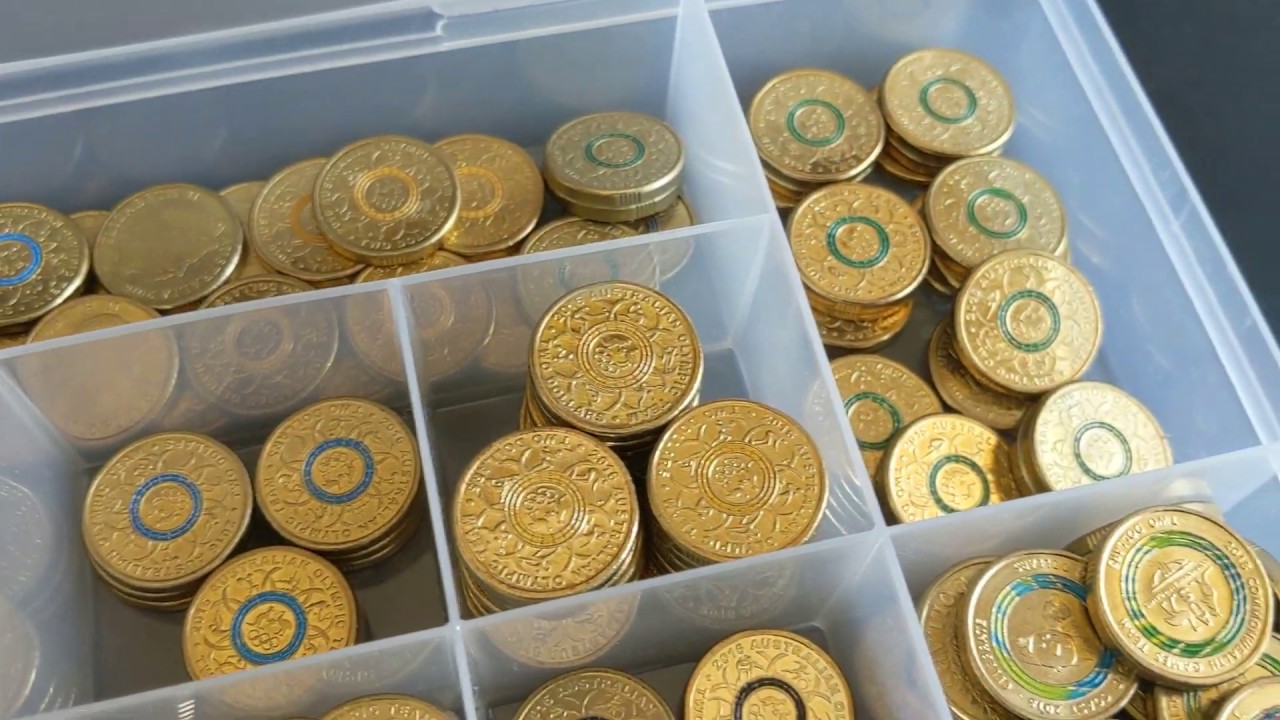
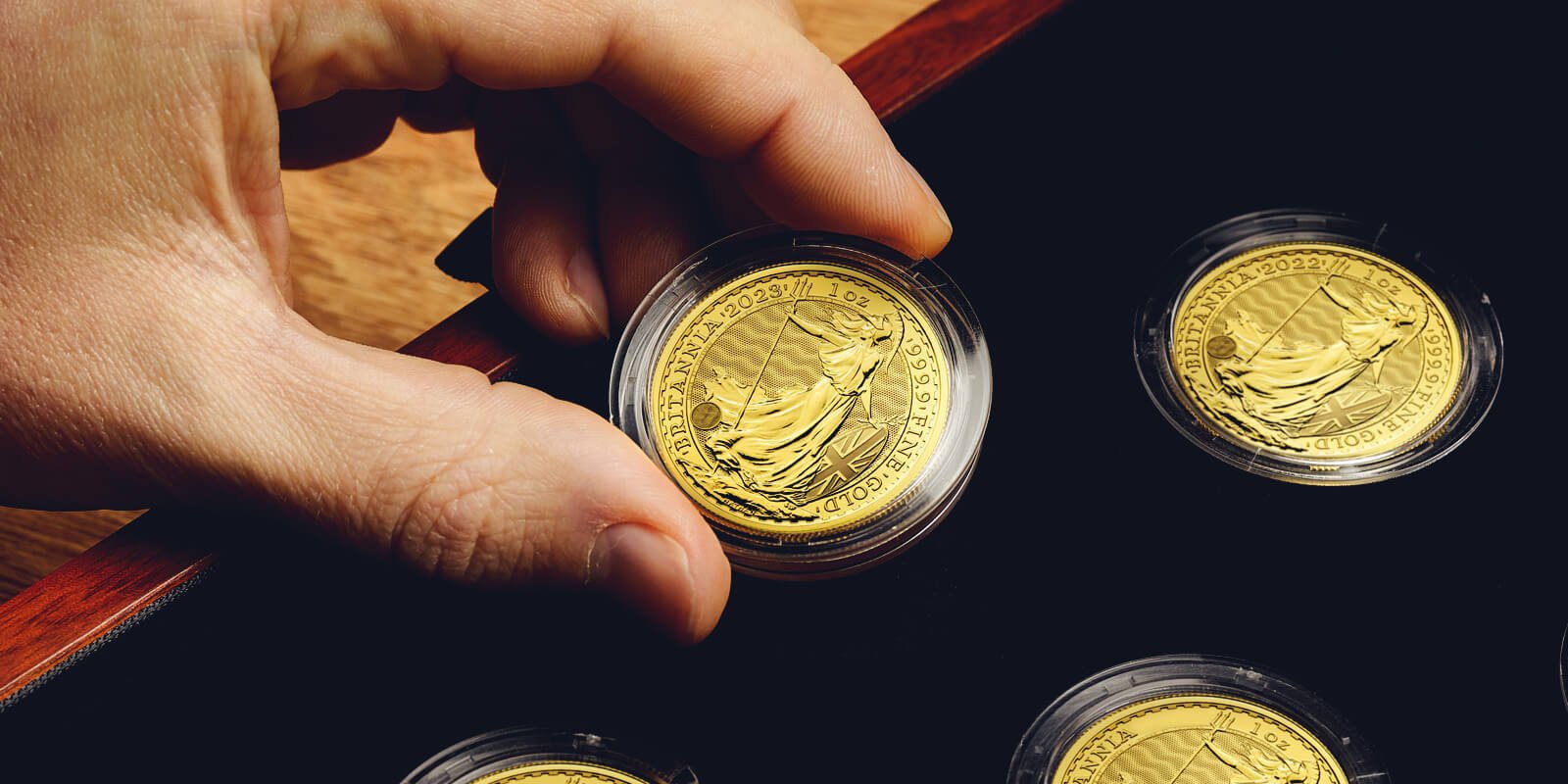
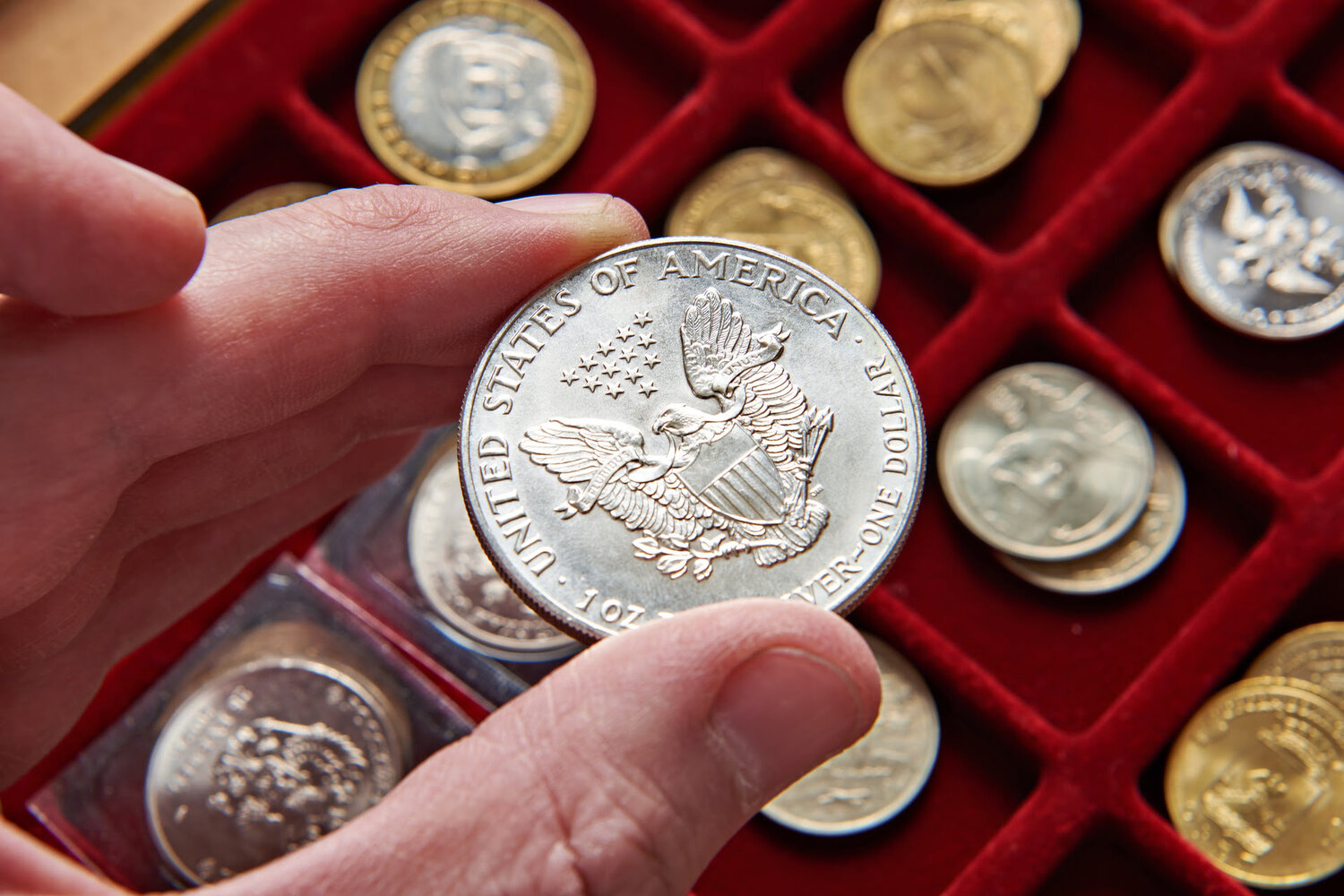
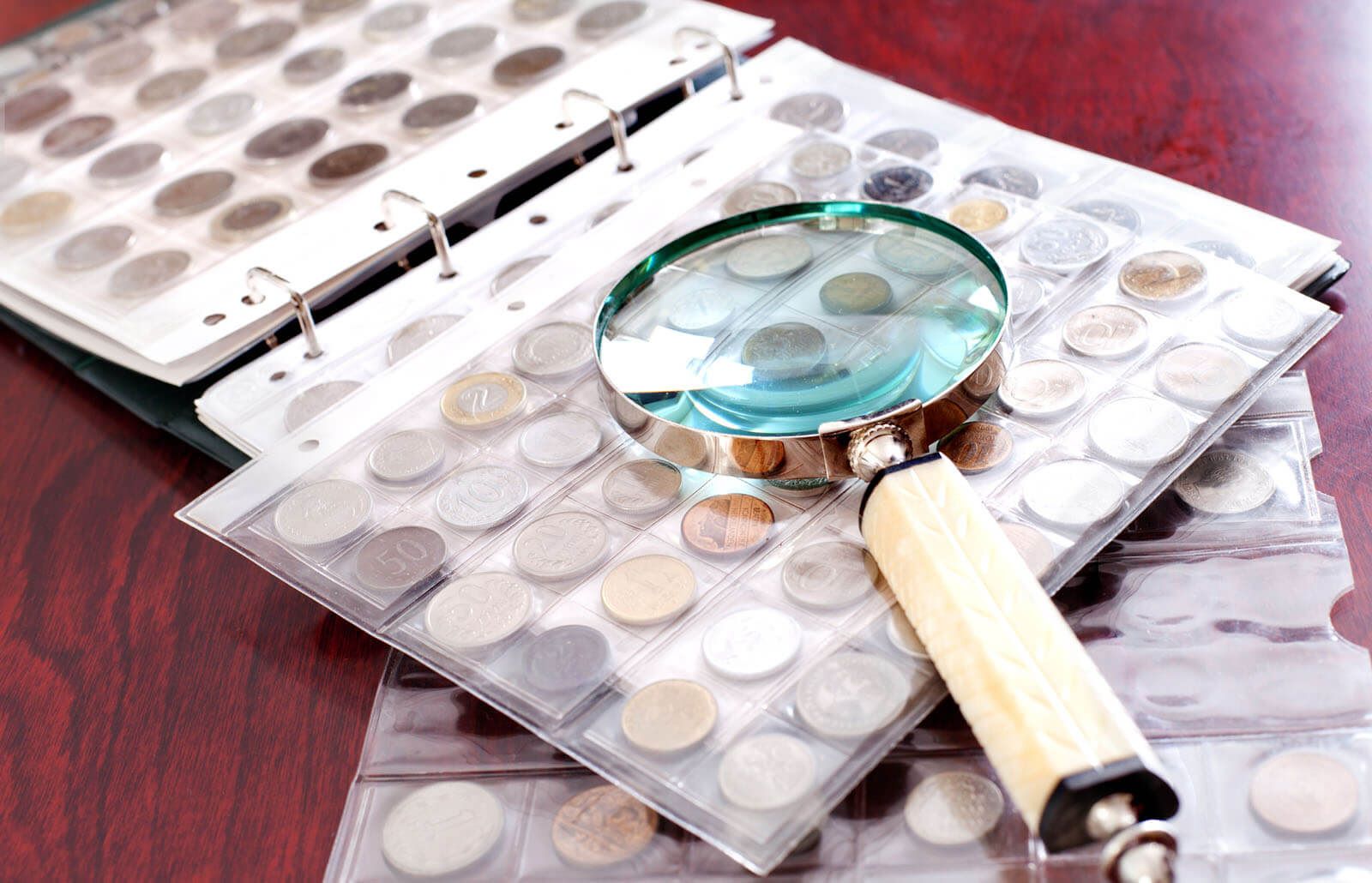
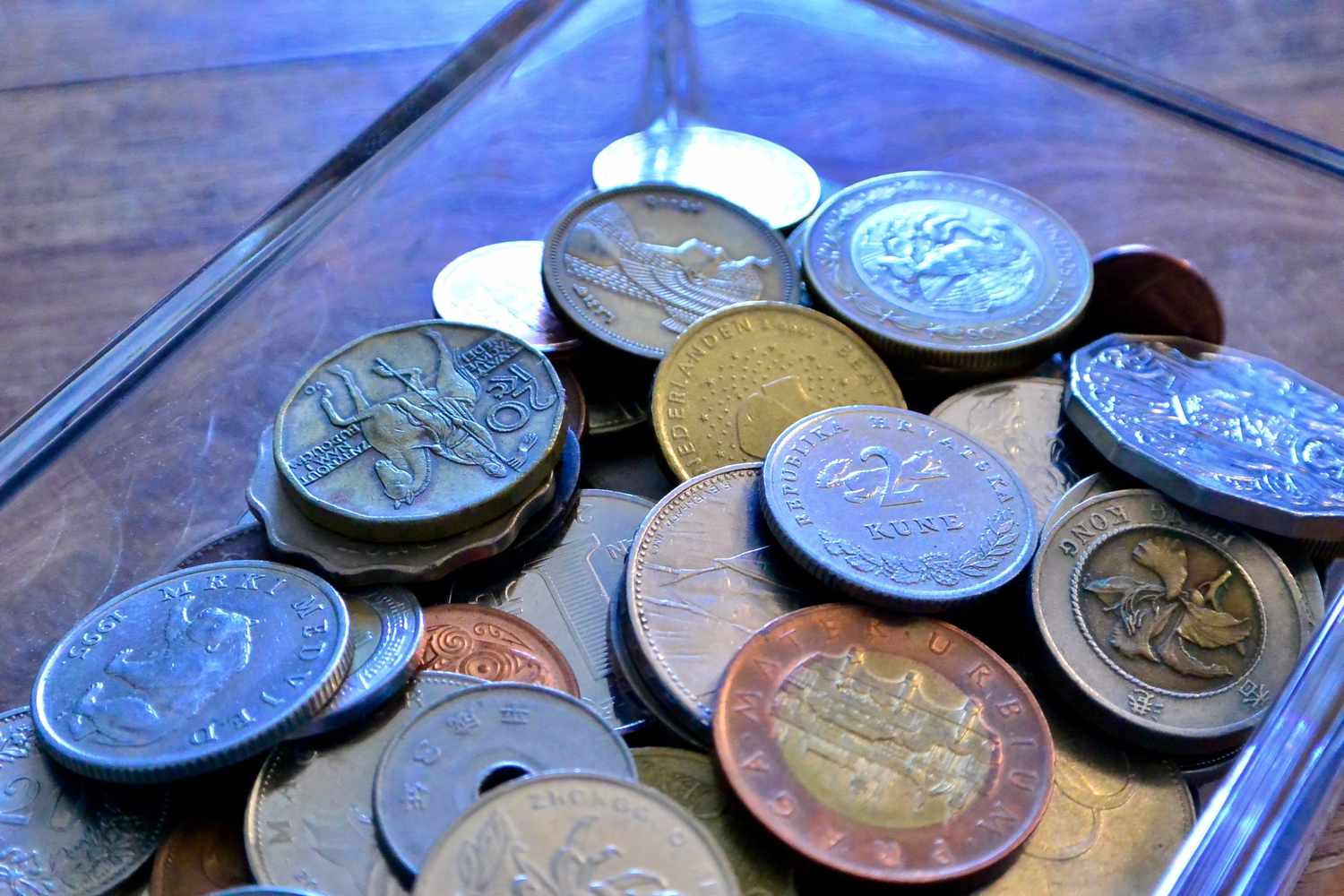
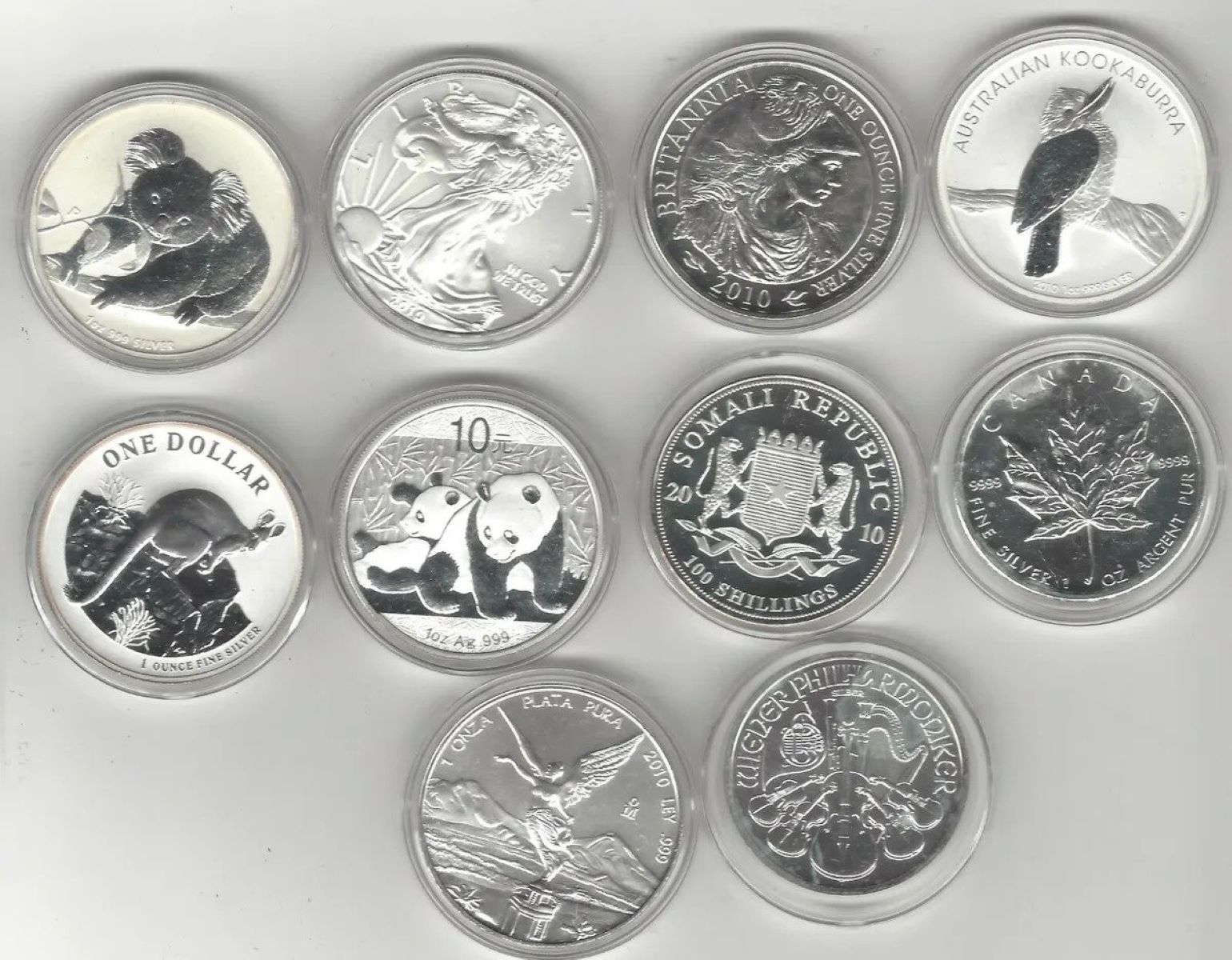
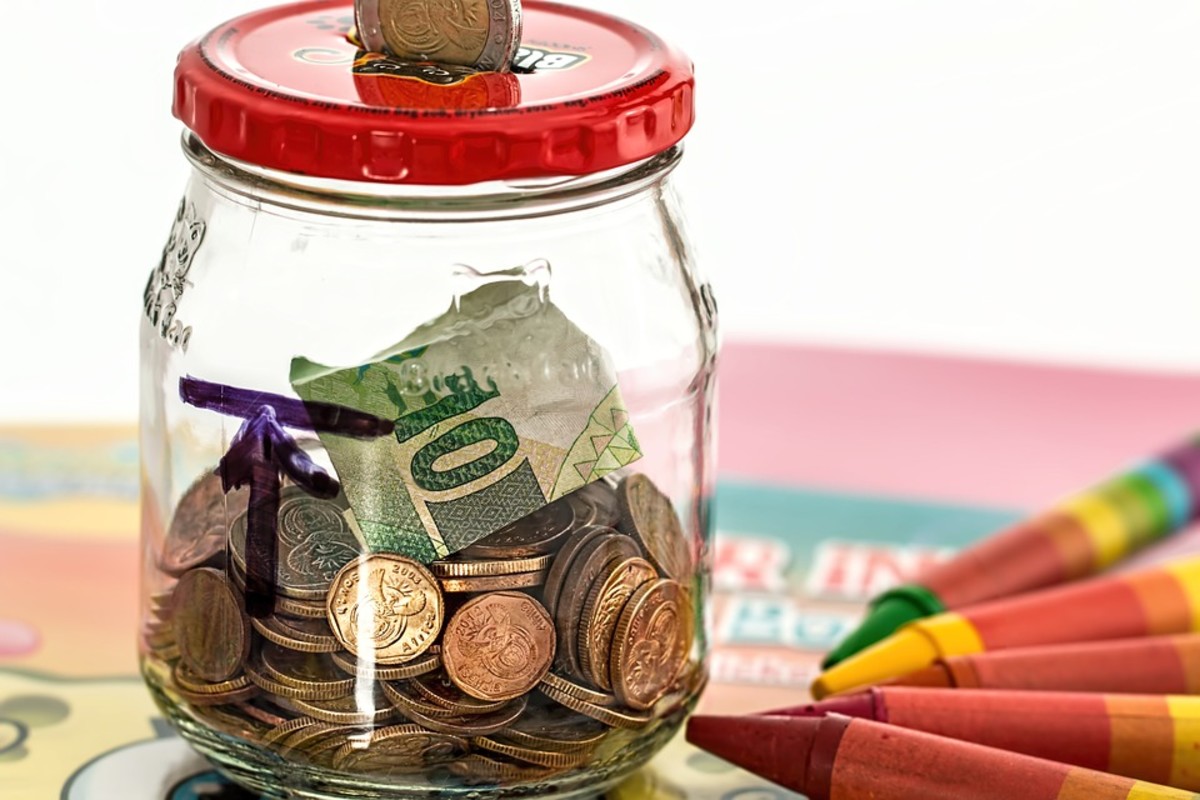
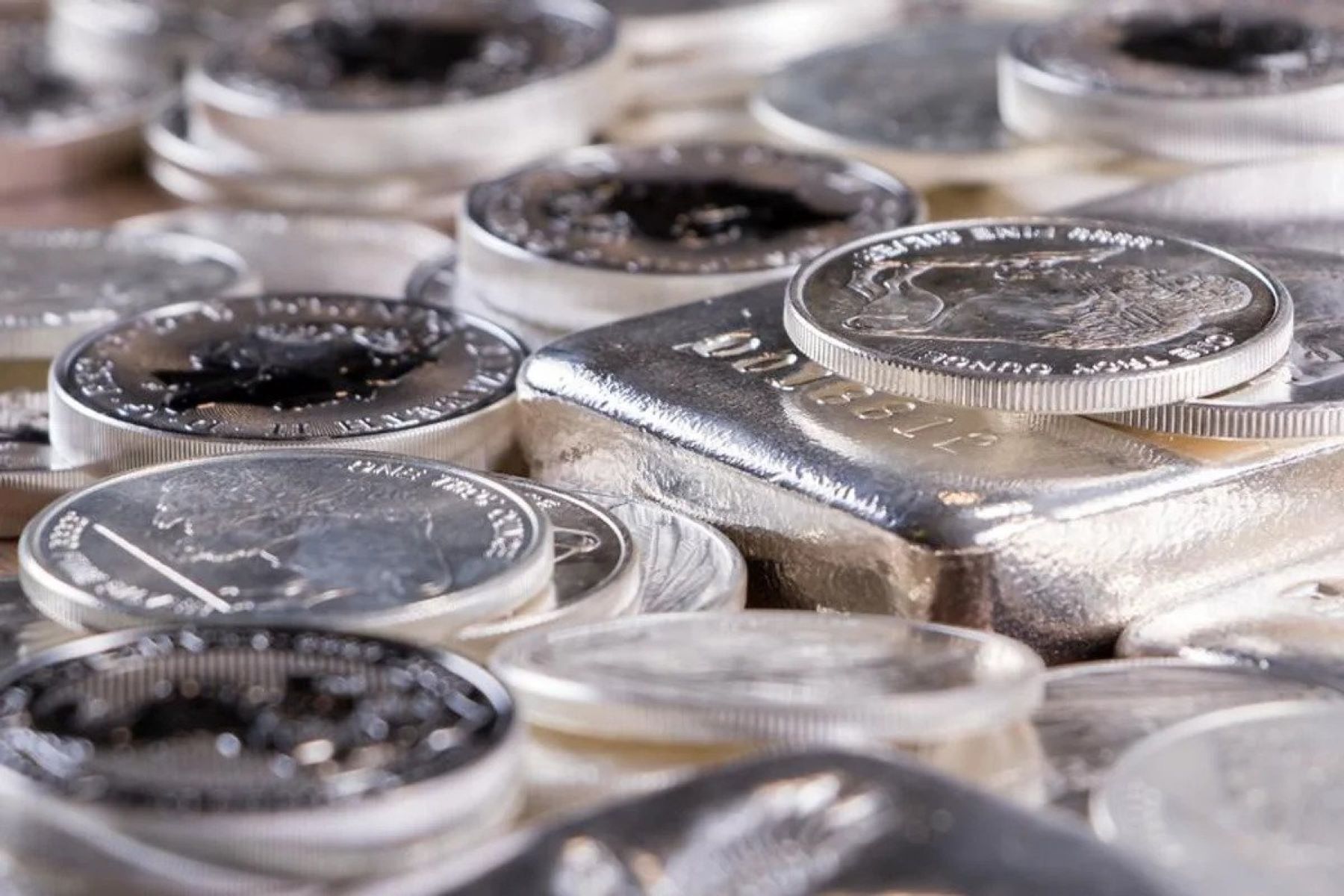
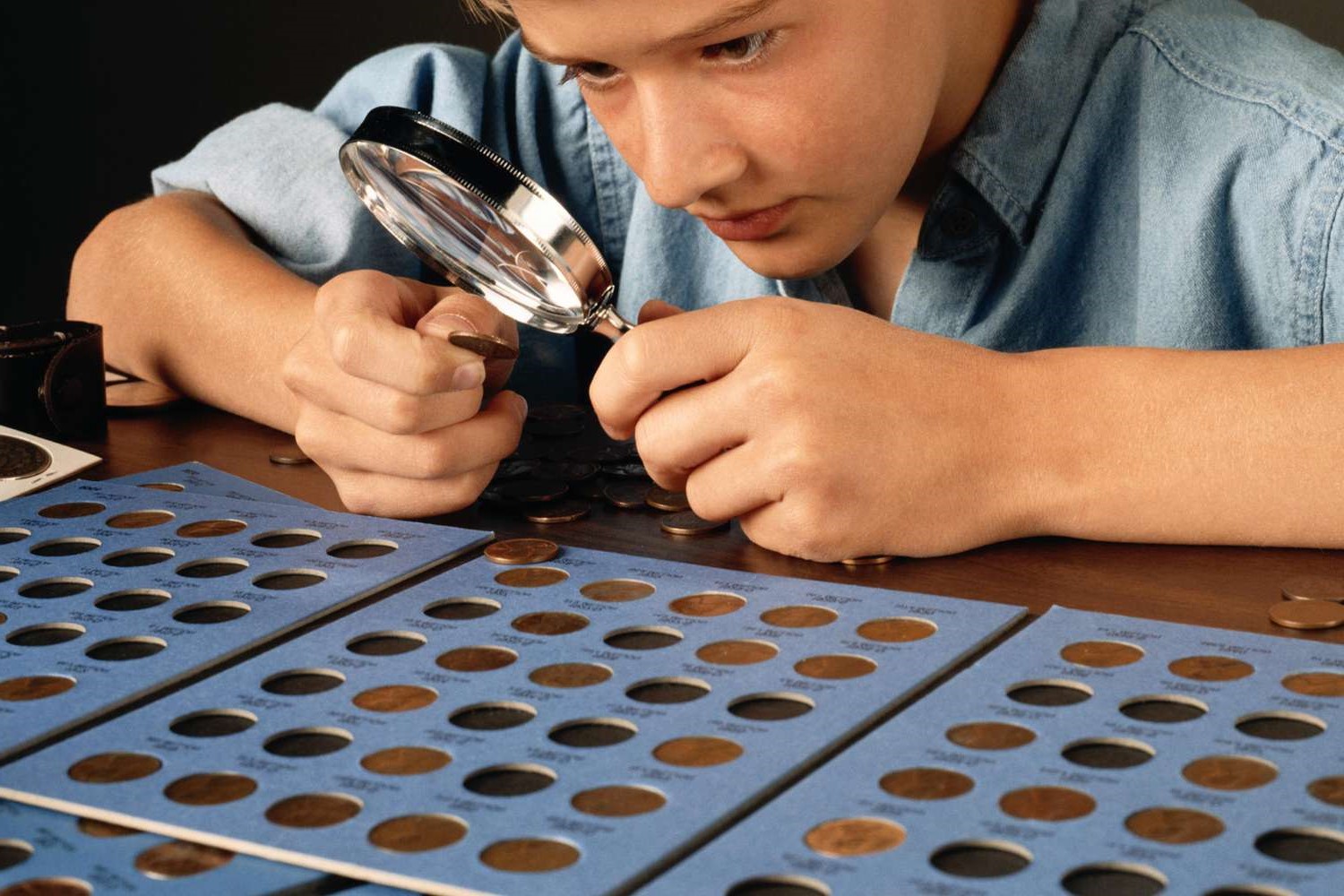
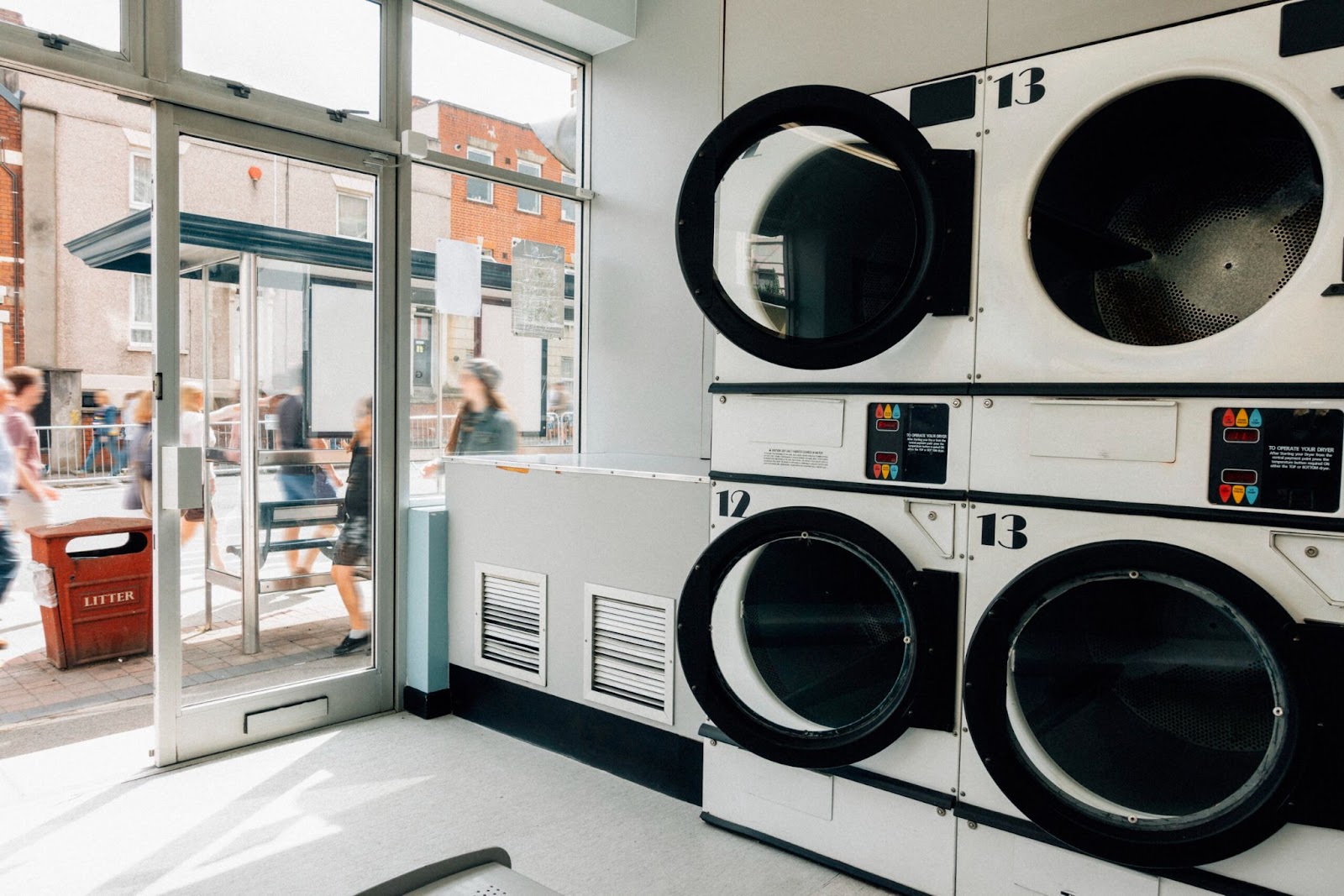
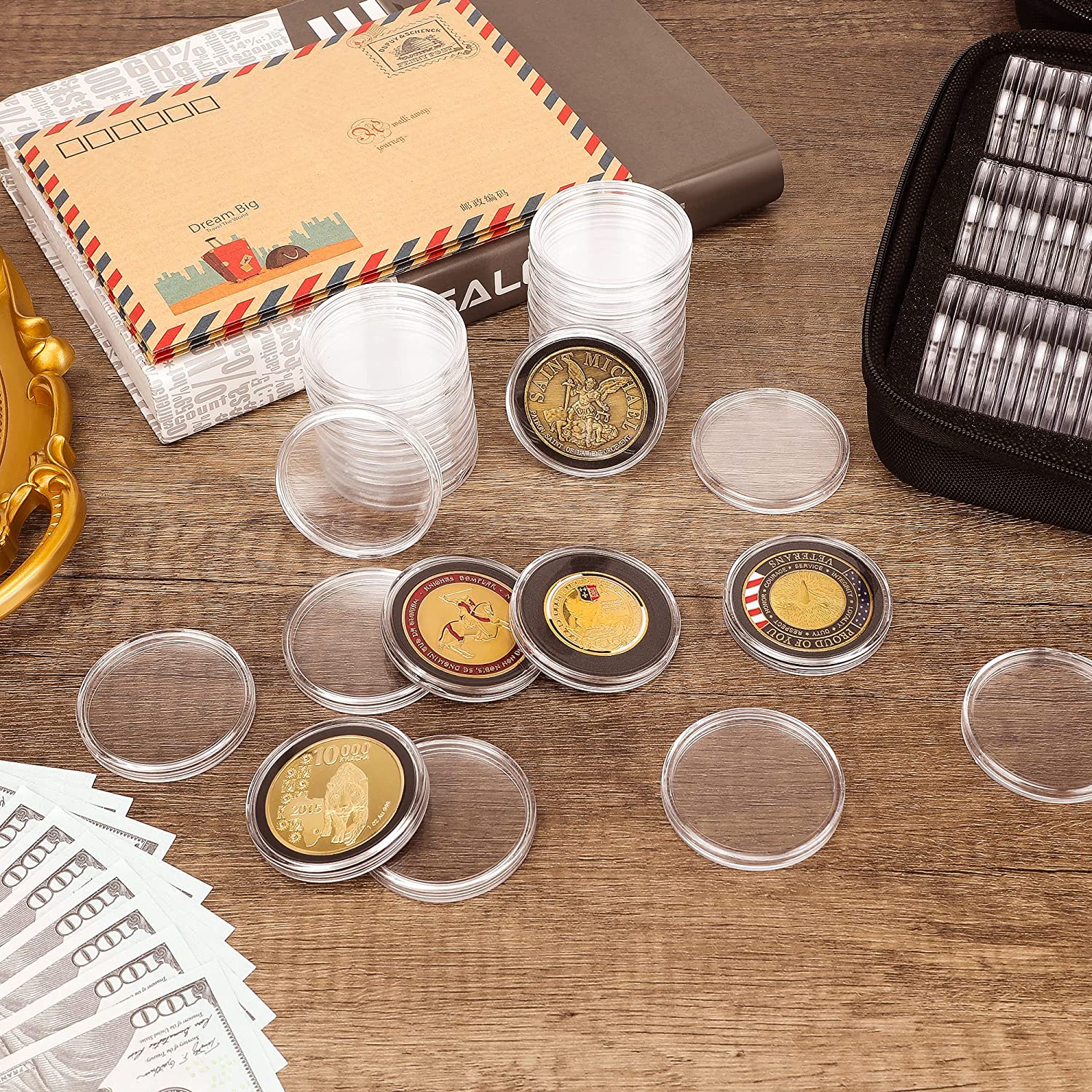
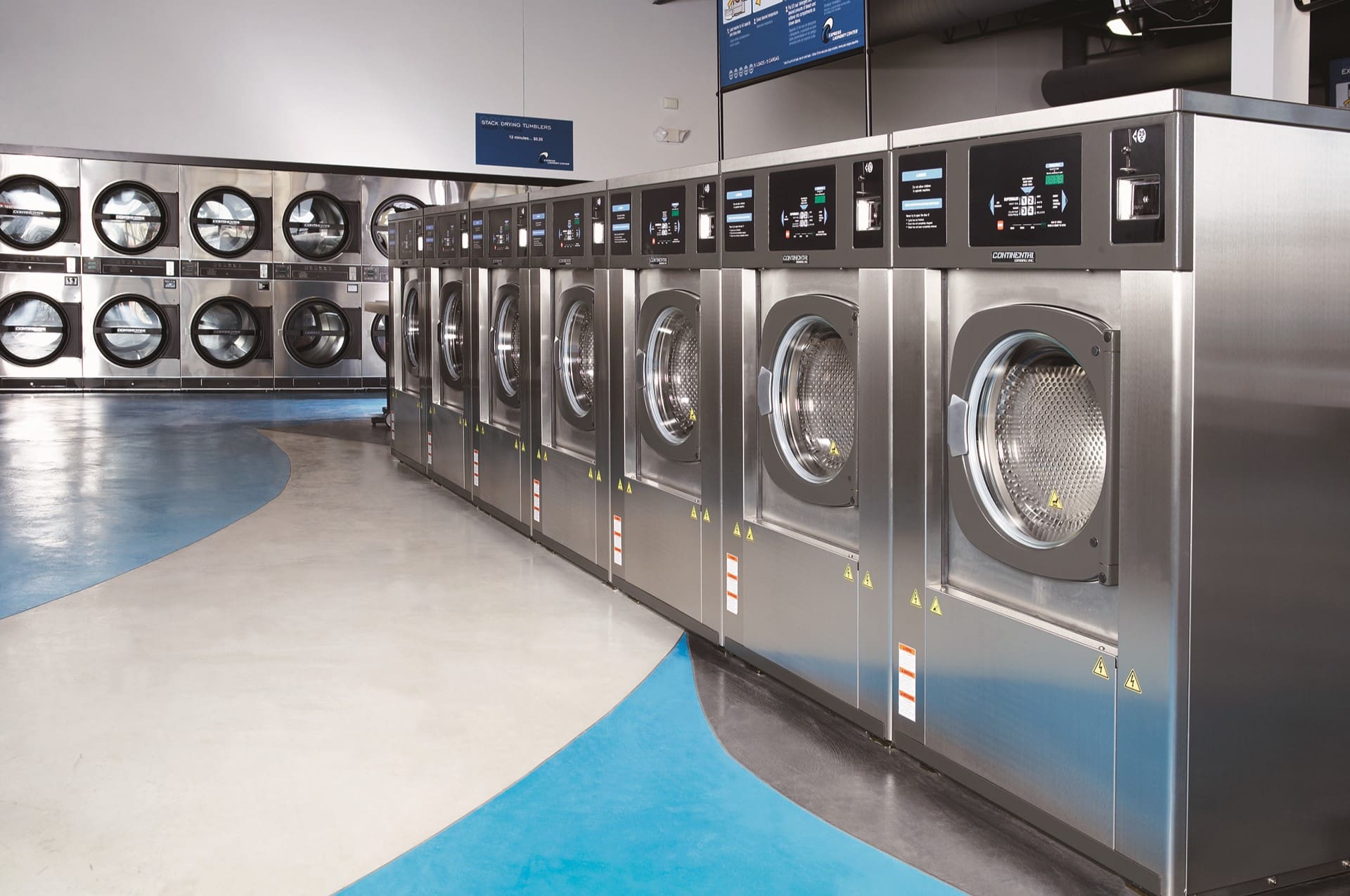
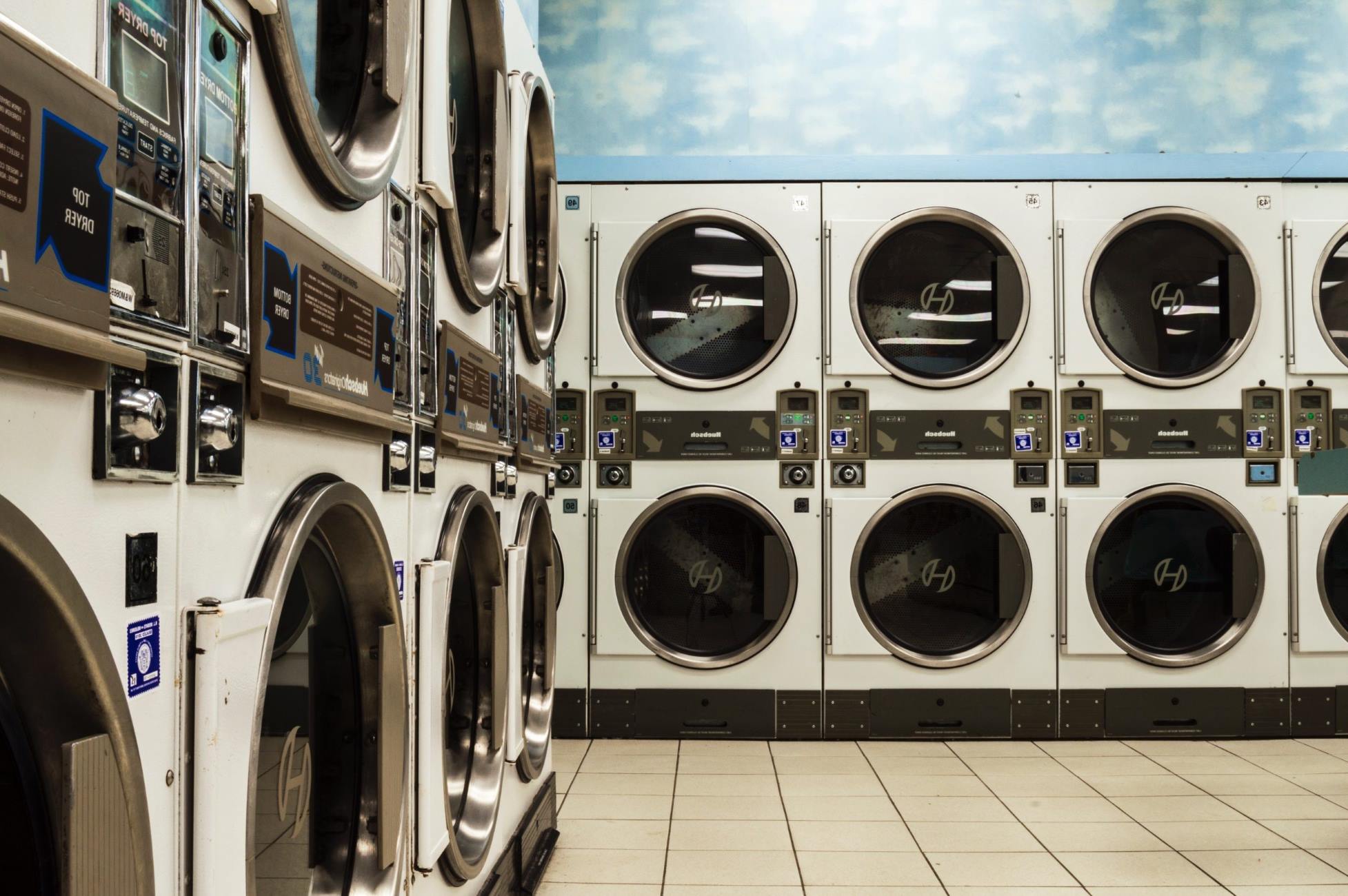
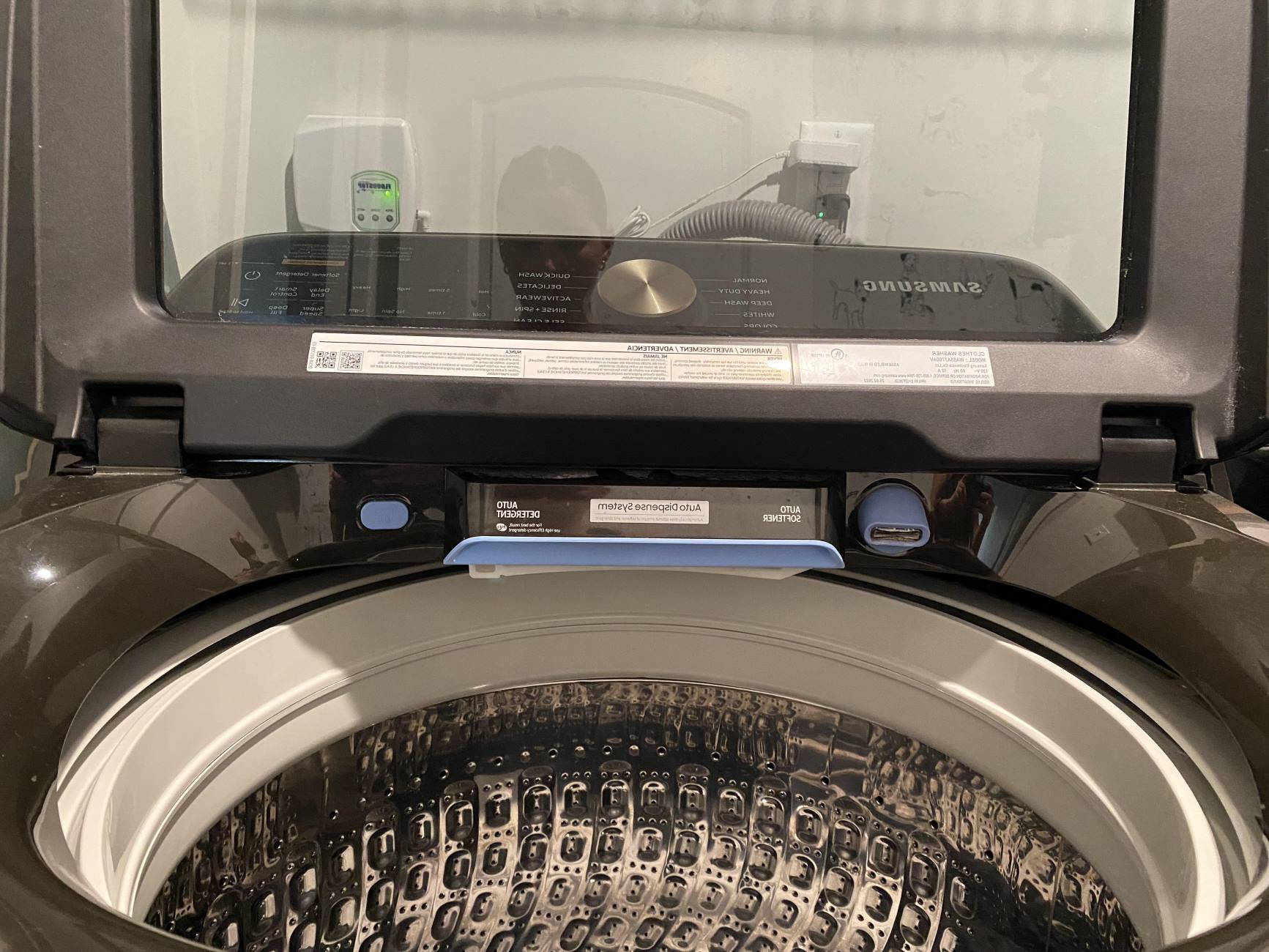

0 thoughts on “How To Store Coins At Home”